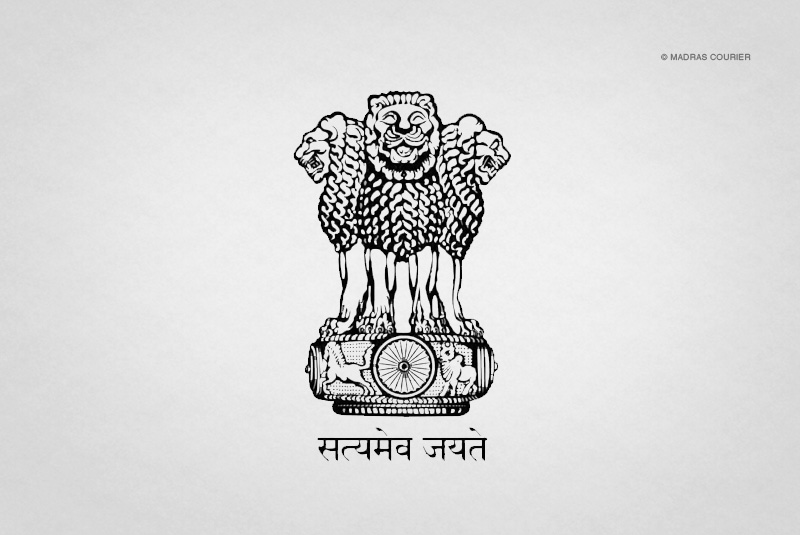In 1962 and 1965, India fought a war each with China and Pakistan. One of the issues these wars raised was the question of ‘enemy’ property – that which belonged to Indian citizens who left to Pakistan and China during the wars. An Act was passed in 1968 to transfer all such properties to a Custodian department set up by the Indian government.
More than 50 years since the wars, a new bill has amended the Act to include properties that belong to heirs and successors of these ‘enemies’. Following a speech on its urgency by Finance Minister Arun Jaitley, the Bill was passed in the Rajya Sabha amidst a walkout by the Opposition. This cleared the way for its passing in the Lok Sabha on Tuesday, March 14.
What makes one an enemy of the state? The Enemy Property Act of 1968 took its cues from the Defence of India Act of 1962, set up during the war with China, which states that an enemy is:
“Any person or country committing external aggression against India; any person belonging to a country committing such aggression; such other country as may be declared by the Central Government to be assisting the country committing such aggression; any person belonging to such other country.”
Copyright©Madras Courier, All Rights Reserved. You may share using our article tools. Please don't cut articles from madrascourier.com and redistribute by email, post to the web, mobile phone or social media.Please send in your feed back and comments to [email protected]











